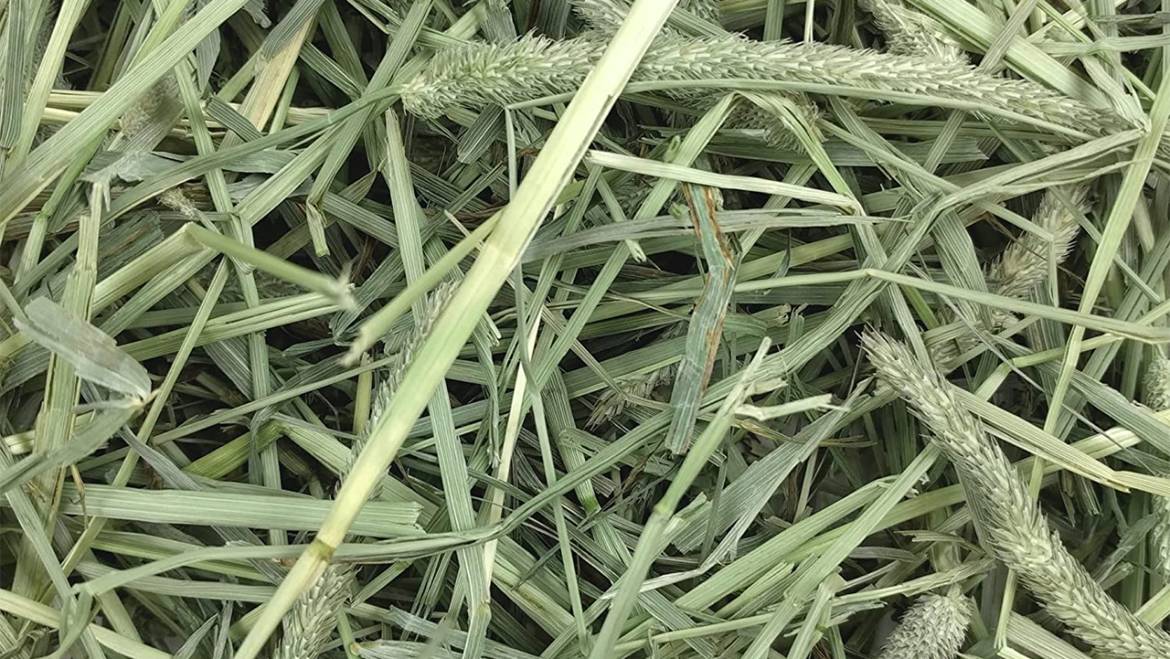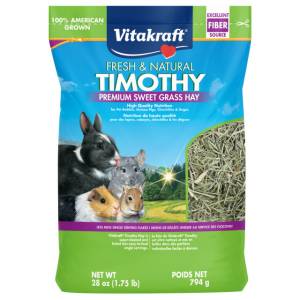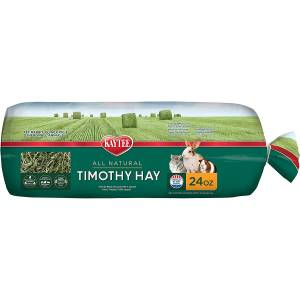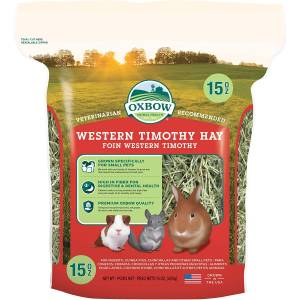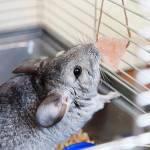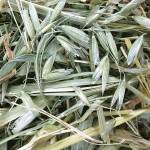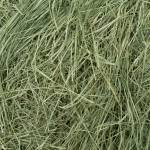As a chinchilla owner, you want to ensure that your furry friend is receiving a well-balanced diet to keep them healthy and happy. One of the key components of a chinchilla’s diet is hay, which provides them with the fiber and nutrients they need to maintain good digestive health. Timothy hay is a popular choice among chinchilla owners, but is it really the best option for your pet? In this article, we’ll explore the benefits of feeding timothy hay to chinchillas, as well as some potential drawbacks to keep in mind.
What is Timothy Hay?
Timothy hay is a type of grass hay that is commonly fed to small herbivores like rabbits, guinea pigs, and chinchillas. It is named after Timothy Hanson, an American farmer who introduced the grass to the United States in the early 18th century. Timothy hay is a high-fiber, low-protein hay that is important for maintaining healthy digestive function in herbivores. It is also low in calcium, making it a good choice for animals that are prone to urinary tract issues. Timothy hay can vary in color and texture depending on the region where it is grown and how it is harvested, but high-quality timothy hay should be green and fragrant with a soft texture that is easy for animals to chew and digest.
Benefits of Timothy Hay for Chinchillas
Timothy hay is a type of grass hay that is commonly fed to small herbivores like chinchillas. It has several benefits that make it a good choice for your furry friend’s diet:
- High Fiber Content: Chinchillas require a high-fiber diet to maintain good digestive health, and timothy hay provides just that. The fiber in hay helps to keep their digestive system moving smoothly, preventing issues like constipation and diarrhea.
- Nutrient-Rich: Timothy hay contains a variety of essential nutrients that chinchillas need to stay healthy. It is rich in calcium, which is important for maintaining strong bones and teeth, and also contains vitamin D, which helps with calcium absorption.
- Promotes Dental Health: Chinchillas’ teeth continue to grow throughout their lives, and they need to wear them down regularly to prevent overgrowth. Chewing on hay helps to wear down their teeth naturally, promoting good dental health.
- Provides Mental Stimulation: Chinchillas are active animals and need plenty of mental stimulation to stay happy and healthy. Eating hay provides them with a fun activity that can keep them entertained for hours.
Drawbacks of Timothy Hay for Chinchillas
While timothy hay is generally a good choice for chinchillas, there are a few potential drawbacks to keep in mind:
- High Calcium Content: While calcium is an important nutrient for chinchillas, too much of it can be harmful. Timothy hay has a relatively high calcium content compared to other types of hay, so it’s important to monitor your chinchilla’s intake to prevent calcium-related health issues.
- Can Be Dusty: Some batches of timothy hay can be quite dusty, which can cause respiratory issues in chinchillas. Be sure to choose high-quality hay that is free of dust and mold to keep your pet healthy.
- Not a Complete Diet: While timothy hay is an important part of a chinchilla’s diet, it should not be the only food they eat. Chinchillas require a variety of other foods, including fresh vegetables, pellets, and occasional treats, to ensure they are getting all the nutrients they need.
How to Choose the Perfect Timothy Hay for Your Chinchilla
When choosing timothy hay for your chinchilla, it’s important to look for high-quality hay that is fresh and free of dust and mold. Here are some tips on how to choose the perfect timothy hay for your pet:
- Look for Fresh Hay: Make sure the hay you choose is fresh and green, with no brown or yellow spots. This indicates that the hay is old and may not be as nutritious for your chinchilla. If possible, try to choose hay that has been harvested within the last six months.
- Check for Dust and Mold: Timothy hay can be quite dusty, which can irritate your chinchilla’s respiratory system. Look for hay that is relatively dust-free, or choose a brand that has been processed to remove excess dust. Additionally, be sure to inspect the hay for any signs of mold, as this can be toxic to your chinchilla. Also, make sure to check your hay for any debris.
- Consider Organic Hay: Some chinchilla owners prefer to choose organic hay to ensure that their pet is not being exposed to pesticides or other chemicals. However, organic hay can be more expensive than conventional hay.
- Choose a Reputable Brand: Look for brands that are known for producing high-quality timothy hay specifically for chinchillas. Some popular brands include Oxbow, Kaytee, and Small Pet Select.
How to Store Your Timothy Hay
Proper storage of your timothy hay is important to ensure that it stays fresh and nutritious for your chinchilla. Here are some tips on how to store your hay:
- Keep It Dry: Moisture can cause hay to become moldy and lose its nutritional value. Store your hay in a dry area away from any sources of moisture.
- Keep It Cool: Heat can also cause hay to lose its nutritional value. Store your hay in a cool area, away from direct sunlight or other sources of heat.
- Use a Hay Rack: Using a hay rack or hay ball can help keep your hay clean and prevent your chinchilla from soiling it.
- Buy in Bulk: Buying hay in bulk can be more cost-effective, but make sure you have a proper storage area before you make a large purchase.
Top Brands of Timothy Hay for Chinchillas
There are many brands of timothy hay on the market, but not all of them are suitable for chinchillas. Here are some of the top brands of timothy hay that are recommended for chinchillas:
Nutritional Breakdown of Timothy Hay
Timothy hay is an excellent source of fiber and other nutrients that are essential for your chinchilla’s health. Here is a breakdown of the nutritional content of timothy hay:
- Crude Protein: 7-10%
- Crude Fat: 1-2%
- Crude Fiber: 30-32%
- Calcium: 0.25-0.5%
- Phosphorus: 0.2-0.3%
Timothy hay is also a good source of vitamins and minerals, including vitamin A, vitamin E, and potassium.
Timothy hay is an important part of a chinchilla’s diet, providing them with essential fiber and nutrients that promote good digestive and dental health. While it has some potential drawbacks, such as a high calcium content and potential dustiness, these can be mitigated by choosing high-quality hay and monitoring your chinchilla’s intake. By providing your chinchilla with a well-balanced diet that includes plenty of fresh hay, you can help ensure that they stay healthy and happy for years to come.

